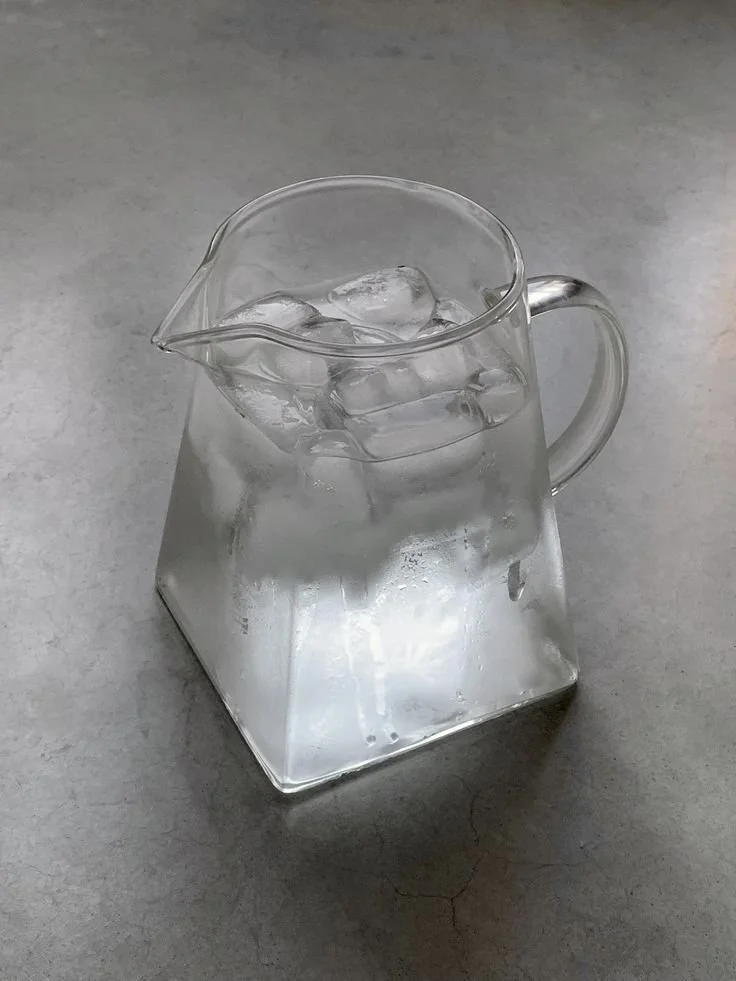The Crucial Role Of Detox Programs For Successful Addiction Recovery
Overcoming addiction is a complex and deeply personal journey—one that often begins with a critical first step: detoxification. This process, through which the body eliminates harmful substances, lays the essential groundwork for effective treatment and long-term recovery. More than just a physical cleanse, detox is a transformative phase that prepares individuals for the psychological and emotional healing ahead.
A well-structured detox program not only enhances the effectiveness of subsequent addiction treatment but also provides the safety, support, and clarity needed to begin the path toward a healthier, substance-free life. In this article, discover how detoxification serves as the foundation of successful addiction recovery.
No. 1
Understanding the Importance of Detox in Addiction Recovery
Detoxification is a vital component of addiction recovery because it directly addresses the acute physical effects of withdrawal. For many, it marks the first meaningful interaction with healthcare professionals and symbolizes the beginning of their journey toward sobriety.
Without detox, individuals may suffer intense and even dangerous withdrawal symptoms, increasing the risk of relapse. A medically supervised detox ensures these symptoms are managed safely and effectively, offering a compassionate and structured environment that instills hope and reassurance.
A well-designed detox program California, for example, is tailored to meet the unique needs of each individual. Since addiction and withdrawal experiences vary widely, personalized care is essential.
Medical professionals play a crucial role in managing serious complications such as seizures, hallucinations, or delirium, which can occur during withdrawal. Additionally, detox helps reduce cravings—an essential step in breaking the cycle of addiction.
No. 2
How Detox Programs Facilitate Physical Healing from Substance Use
Substance use can wreak havoc on the body, disrupting vital organ systems and impairing biochemical balance. Detox programs are essential for initiating physical healing, helping the body stabilize and begin functioning without the influence of drugs or alcohol.
These programs often include medical oversight and medication-assisted treatment (MAT) to alleviate withdrawal symptoms such as:
Nausea
Tremors
Insomnia
Anxiety
Seizures
By easing these symptoms, detox makes the recovery process more manageable and allows patients to focus on their long-term goals.
Moreover, detox programs provide continuous monitoring to address any medical emergencies or chronic conditions that may be exacerbated during withdrawal. Many individuals entering detox have neglected their physical health, making this level of care not just beneficial, but necessary.
No. 3
The Psychological Benefits of Detox for Long-Term Sobriety
While detox is primarily focused on physical stabilization, its psychological benefits are equally significant. As the body clears itself of substances, individuals often experience a newfound mental clarity—a vital state for engaging in deeper therapeutic work.
Detox offers a safe space for emotional reflection, where individuals can begin to confront their addiction and recognize the need for change.
During this phase, patients often receive:
Emotional support from trained counselors
Introduction to coping strategies for managing stress and triggers
Early diagnosis of co-occurring mental health disorders such as depression, anxiety, or PTSD
These early interventions are crucial, as untreated mental health issues often contribute to relapse. Furthermore, detox programs foster peer connection, allowing individuals to build a sense of community and reduce the isolation that often accompanies addiction
Kindle Unlimited
Sign up for a 3-month trial and dive into a wealth of resources on health, wellness, and self-development.
No. 4
Comparing Different Detox Methods in Addiction Treatment Centers
Addiction treatment centers offer a range of detox methods, each tailored to meet the specific needs of their clients. Understanding these options can help individuals and families make informed decisions about care.
1. Medical Detox
The most common approach, medical detox, involves 24/7 supervision and the use of medications to manage withdrawal symptoms. It emphasizes safety, comfort, and gradual stabilization.
2. Holistic Detox
Some centers offer holistic detox programs that integrate traditional medicine with alternative therapies such as:
Acupuncture
Yoga
Meditation
Nutritional support
These methods aim to heal the body, mind, and spirit, offering a more comprehensive recovery experience.
3. Rapid and Ultra-Rapid Detox
These methods aim to shorten the withdrawal period through accelerated detoxification, often under anesthesia. While they may reduce discomfort, they are controversial and come with significant safety concerns. It’s essential that treatment centers offering these methods conduct thorough evaluations and use evidence-based practices.
Regardless of the method, the goal remains the same: to help individuals safely and effectively rid their bodies of addictive substances and prepare them for the next phase of recovery.
Takeaways
Detoxification is far more than a preliminary step in addiction treatment—it is the foundation upon which recovery is built. By addressing the immediate physical and psychological challenges of withdrawal, detox sets the stage for lasting sobriety and personal transformation.
Whether through a medically supervised detox, a holistic approach, or a tailored program in California, the right detox strategy provides the safety, clarity, and support needed to begin healing. It empowers individuals to take control of their lives and move forward with confidence.
If you or someone you love is struggling with addiction, remember: recovery starts with the first step—and that step is detox. With the right guidance and care, a healthier, substance-free life is not just possible—it’s within reach.
Looking for Wellness resources?
Are you looking to enhance your wellness routine? Explore our wellness partners who offer a wide range of resources to support your journey toward holistic living and well-being.































